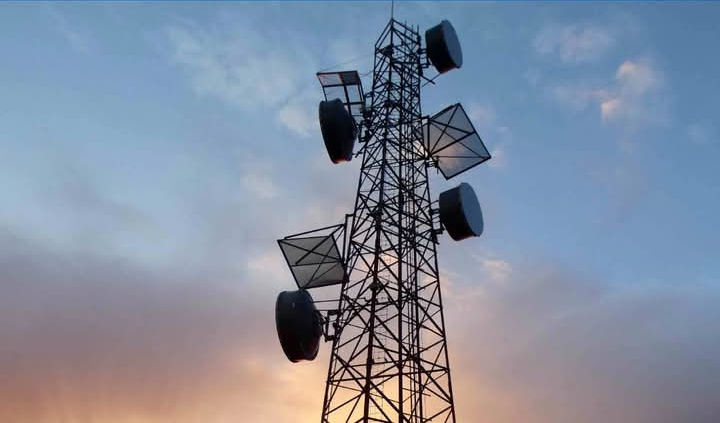By Adeyemi Adekunle
A 50% hike in telecommunication tariffs, recently approved by the Nigerian Communications Commission (NCC), has sparked massive outrage across Nigeria, with labor unions, civil society groups, and other stakeholders urging Nigerians to reject the decision.
This comes amidst already difficult economic conditions in the country, where many are struggling with inflation, rising unemployment, and stagnant wages.
The Nigeria Labour Congress (NLC) and the Trade Union Congress (TUC) are at the forefront of the opposition, accusing the government of insensitivity to the plight of ordinary Nigerians. In a statement made by the NLC President Joe Ajaero condemned the tariff increase as “an assault on the welfare of Nigerians” already facing unprecedented economic hardship.
“This decision, coming at a time when Nigerian workers and the masses are facing unprecedented economic hardship, is a clear abandonment of the people to corporate profiteers,” Ajaero said. He warned that the increase would lead to significant financial strain on workers, pointing out that an average Nigerian employee already spends up to 10% of their salary on telecom charges. With the new tariff, that figure could climb to 15%, making it an unsustainable burden on individuals with the current minimum wage of N70,000.
Ajaero did not rule out the possibility of a nationwide boycott of telecom services in response to the increase, calling on Nigerians to take collective action to press for a reversal.
Similarly, Tommy Okon, Deputy President of the TUC, described the tariff hike as “outrageous” and “insensitive,” warning that the decision could push many Nigerians to their breaking point. “Data services are among the few affordable means of relaxation for Nigerians, and now, that will be jeopardized. People are already struggling to make ends meet, and raising telecom tariffs further risks angering subscribers and even collapsing the telecom sector itself,” Okon said.
The Coalition of Northern Groups (CNG) also joined the opposition, calling the tariff increase “an assault on the dignity and livelihoods of Nigerians.” In a statement signed by National Coordinator Jamilu Charanchi, the CNG accused the NCC of colluding with telecom operators to exploit consumers at a time when they are already dealing with severe economic challenges like hyperinflation and rising unemployment. “This decision is both insensitive and indefensible,” Charanchi stated, adding that the tariff increase was another example of “economic mismanagement.”
In response to the outcry, the Federal Competition and Consumer Protection Commission (FCCPC) demanded that telecom operators improve the quality of service alongside the tariff hike. The FCCPC cited numerous complaints from consumers about issues such as network congestion, dropped calls, inconsistent internet speeds, and unusual data depletion. The commission urged the NCC to ensure that the increased charges translate into better service for consumers, warning telecom providers that failure to improve quality would not be tolerated.
The NCC’s decision to approve the 50% tariff increase has been widely criticized, particularly for coming at a time when most Nigerians are experiencing harsh economic conditions. Critics question the rationale behind such a sharp price hike when so many people are already struggling to manage their monthly expenses, and in some cases, telecom services have become an essential means of staying connected for work, education, and daily communication.
Telecommunication services in Nigeria, particularly mobile data and voice calls, have become vital to millions of citizens, offering one of the few affordable forms of entertainment, social connection, and remote work options. With this steep price increase, many fear that they will be pushed further into financial insecurity, unable to afford the basic services that support their daily lives.
The timing of the tariff hike has led to comparisons with the earlier tariff increases announced in 2021 and 2022, which also generated widespread controversy and led to fierce opposition. The fact that this new hike comes at a time of economic contraction, rising prices, and insufficient employment opportunities for millions of Nigerians has amplified the criticisms.
In light of the backlash, the NCC has yet to issue a public explanation as to why the increase is necessary, or how it will benefit consumers in the long term. Until then, the outrage from organized labor groups and civil society seems poised to grow, with calls for protests, consumer boycotts, and legal challenges to block the hike gaining traction.
As the debate over telecom tariffs continues to intensify, it is clear that the NCC and government regulators will have to face growing pressure from labor unions and the Nigerian public to reassess their decision or risk facing a broader social backlash.




